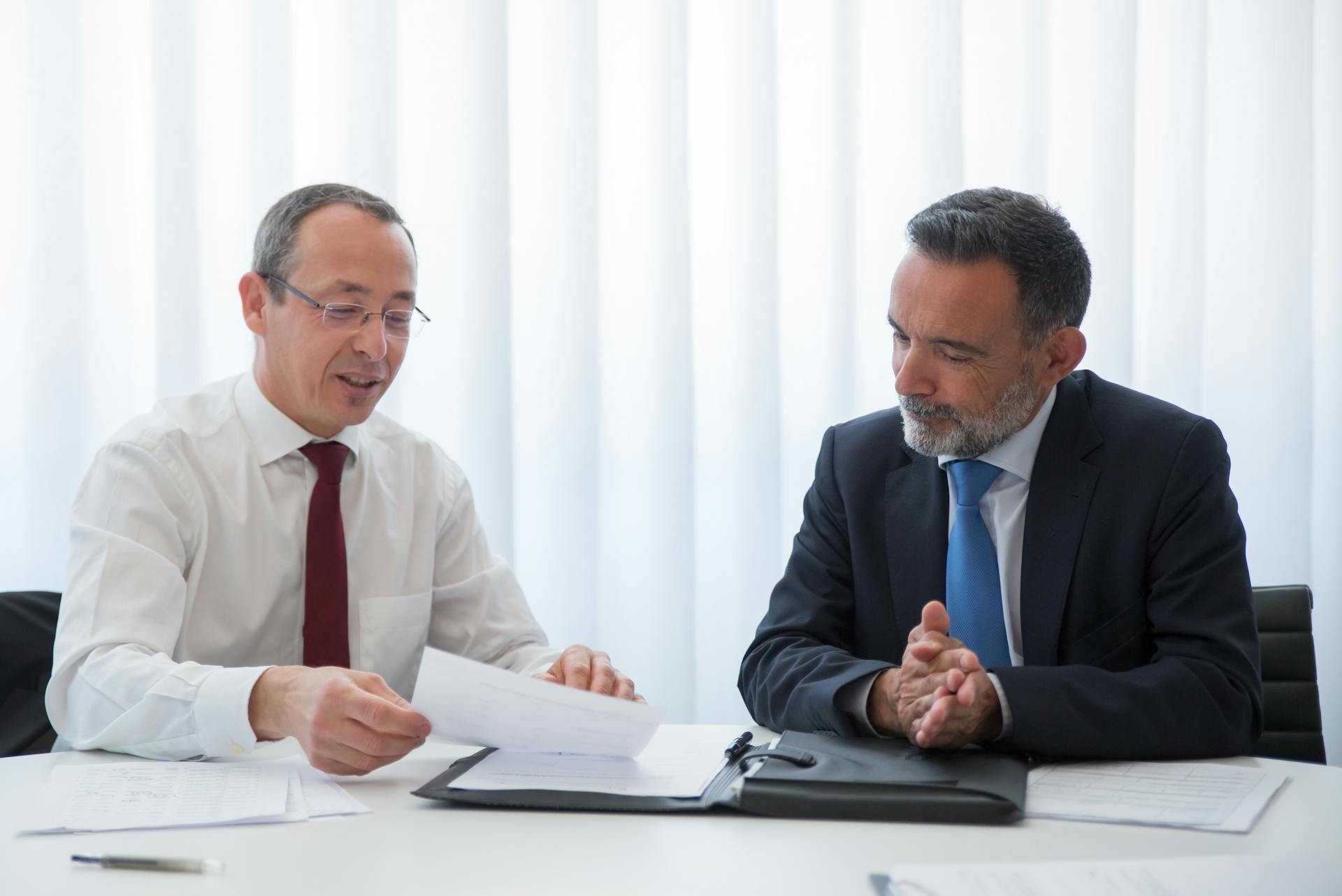
Must an Expert Witness Have Knowledge Above That of a Lay Witness?
Expert witnesses are often pivotal in helping plaintiff and defendant attorneys present compelling evidence or effectively rebut the opposition’s claims during liability cases brought against schools and other child—and youth-oriented agencies. Courts rely on experts to decode complex child education, supervision, and safety information. Therefore, expert witness qualifications and testimony content are subject to thorough cross-examination using various legal standards and court discretions.
Expectedly, an expert witness should be more knowledgeable than a lay witness. Better still, the more distinguished the expert in the field, the more credible their testimony will be, helping streamline admissibility processes.
This blog explores the difference between an expert witness and a lay witness, focusing on the knowledge and qualifications required for an expert witness in education-related litigation.
Lay Witness Knowledge
A lay witness, be it a student, teacher, parent, or school staff, should only offer opinions and inferences reasonably based on their direct perception under Rule 701 of the Federal Rules of Evidence. They should stick to physical appearances or actions regarding what they saw, heard, said, or did. They should not leverage hearsay or draw interpretations and conclusions, testifying about the motives, feelings, state of mind, or causes involved. Neither should they step into the expert witness knowledge territory stipulated in Rule 702 by offering specialized, technical, or scientific knowledge. Attorneys should only tactically leverage relevant lay witness knowledge to help the court determine a fact about the matter.
Expert Witness Knowledge
Expert witnesses enjoy more freedom when forming opinions about a school or agency liability issue. The primary difference between an expert witness and a lay witness is that, beyond what an expert personally observed, Rule 703 allows them to derive their knowledge from hearsay and informal sources that would otherwise be considered inadmissible, provided these are standard tools that other experts in the field would reasonably use to form reliable opinions about the litigation subject matter.
For example, in a child injury case, an expert witness can form their opinions using interviews with students, parents, and school personnel, school incident logs, a safety officer’s informal inspection notes, data from another expert, industry standards, etc.
However, with this level of freedom come the strict rules and requirements surrounding expert witness knowledge, qualifications, and testimony content.
Admissibility Matters
Attorneys and their experts have the burden of establishing by a preponderance of evidence that the expert testimony is reliable and relevant in accordance with Rule 702 and Rule 104 (a) and not based on speculations and personal opinions. In education-related litigation, this calls for working with an expert having the proper education (Ed.D), sufficient training, and strong, direct experience with the litigation matter — having served in the capacity of a teacher, superintendent, principal, coach, or other. A best-qualified expert witness can apply their skills to find reliable knowledge sources, thus bringing a wealth of facts and data into the case as required by Rule 702. As per Rule 705, an expert may be required to disclose the facts and data underlying their opinion.
Beyond hearsay, a competent expert can leverage several other sources, including relevant laws and regulations, guidelines from oversight authorities, publications, peer reviews, product specifications, safety manuals, and more. Most importantly, an expert should demonstrate a remarkable mastery of general and activity-specific professional standards of care in schools and agencies.
Murray v. Chicago Youth Center, 224 Ill. 2d 213, 864 N.E.2d 176 (Ill. 2007) case involved a child who was injured when trampolining during a tumbling extracurricular class. The Supreme Court found enough compelling evidence to reverse the summary judgment granted by the lower courts that held the defendants immune from negligence claims. The plaintiffs’ expert witness rendered an impactful opinion about liability and probable cause of injury, drawing his knowledge from his education (Ed.D), training, 30 years of field experience, and track record of court testimony in gymnastics. He also leveraged photographs, other materials furnished to him, and guidelines and warnings on the use of mini-trampolines and trampolines issued by the United States Gymnastics Federation (USGF), the American Academy of Pediatrics (AAP), and other organizations. His excellent knowledge of the professional standard of care and other information enabled him to pinpoint negligence elements, including negligent supervision, inappropriate equipment, a dangerous environment, inadequate instruction, an unqualified instructor, and non-standard practices.
By contrast, the risk of relying on limited expert witness knowledge can be seen in Ollier v. Sweetwater Union High Sch. Dist., 768 F.3d 843 (9th Cir. 2014), where two defendant experts proffered data and testimony that the court found to include superficial field inspections, speculative and subjective opinions, and unclear methodology.
Summary
An expert witness must be well-informed beyond a lay witness. The key difference between expert and lay witnesses lies in their opinions and inferences. A lay witness must stick to personally perceived information. An expert witness has more freedom; however, this comes with limitations, including rigorous scrutiny and courts’ discretion. Attorneys should prioritize highly qualified and knowledgeable witnesses who can offer sufficient, relevant, and reliable testimony, bring more credibility to the case, and withstand scrutiny using legal standards, including Federal Rules of Evidence and Daubert vs. Frye standards.
Engage a Highly Reputed Expert Witness Firm for Your Case Today
Our firm at School Liability Expert Group boasts exceptional education expert witness knowledge and qualifications. Hundreds of law firms across the United States and Canada have engaged us in cases involving various child education, supervision, and safety matters. Our court-qualified experts possess the proper education, undergo continuous training, and have diverse experience in the field. If you are a plaintiff or attorney seeking expert witness services or consultation in any school or child agency liability issue, book a call today and discover how our experts can help with your case.


